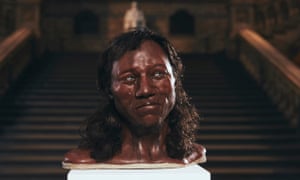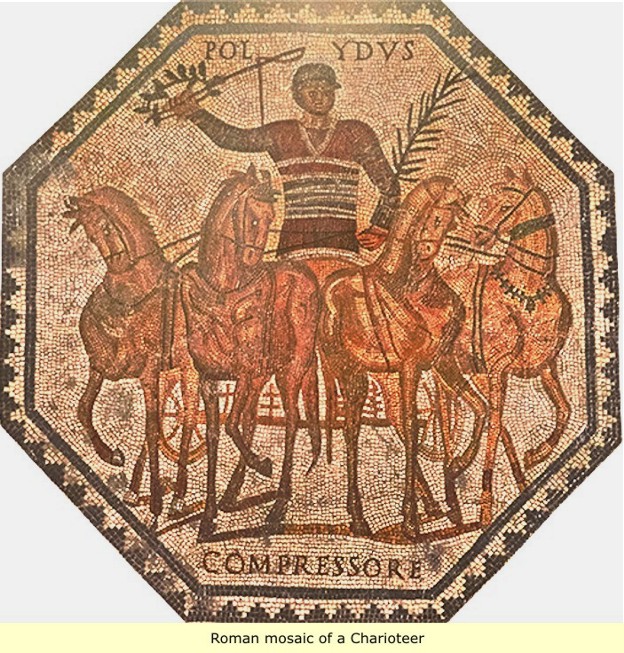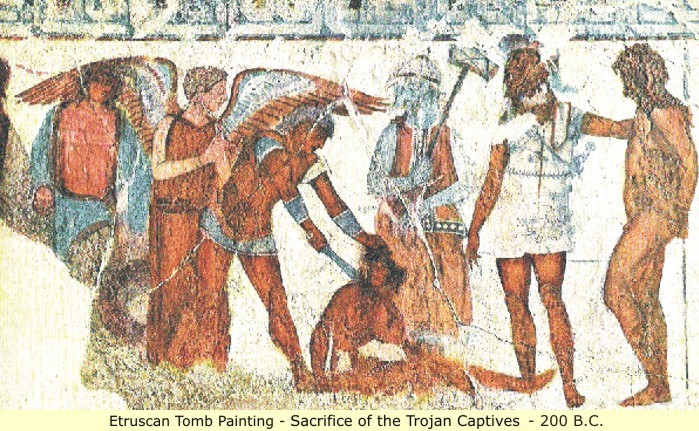Respected historian and author, John G. Jackson, who lived and taught for many years in Chicago, in his ‘Introduction to African civilization pg. 4’ noted: “It is too often forgotten that, when Europeans emerged and began to extend themselves into the broader world of Africa and Asia during the 15th and 16th centuries, they went on to colonize most of mankind. Later, they would colonize world scholarship, mainly the writings of history. History was then written or rewritten to show or imply that Europeans were the only creators of what could be called civilizations. In order to accomplish this, the Europeans had to forget, or pretend to forget, all they previously knew about Africa.”
Jackson further submitted: “The picture we get today of Africa in past ages from the history taught in our schools is that Africans were savages and that, although Europeans invaded their lands and made slaves of them, they were in a way conferring a great favor on them, since they brought to them the blessings of Christian civilization.”

For those Africans on the continent and in the diaspora who are worried there is a risk to want to claim African heritage of lands and people far away from the continent, the answer is no such attempt is being made; rather the effort is to peel off the mask covering civilizations which had significant African input.
Information is key and words do have impact on lives. It is why those in abusive relationships equally get hurt when their bullying partners use offensive words on them to demoralize and weaken them even if they don’t hit them.
Constant barrage of mean words aimed at the victim can lead to loss of belief in self even leading to suicide. This has been the fate of Africans on the continent and those in the diaspora with African ancestry where information had been colonized such that for many years, what was churned about the continent and its people were negative portrayals.

These campaigns have led to some asking if they were created by mistake by their god. Others have attempted to wash the melanin of their skin having been mocked for their ‘dirty skin’.
The campaign must have worked given a good number of Africans desire to be Europeanized, bearing Caucasian features or living away from the continent.
The words of British intelligence officer-turned-historian, Hugh Trevor-Roper perhaps sum up the view of European scholars on Africa and Africans.
Asserting that Africa had no history prior to European exploration and colonisation, Trevor-Roper claimed Africa is “no historical part of the World; it has no movement or development to exhibit,” adding, “there is only the history of Europeans in Africa.”

Trevor-Roper who died in 2003 and his ilk are wrong not based on sentiment, but by history’s own account. The United Kingdom he hailed from itself had African presence thanks to the find of the ‘Cheddar Man,’ who is dubbed Britain’s Oldest Skeleton having dark skin as DNA showed.
We shouldn’t forget that Roman emperor of African stock, Septimius Severus born in Leptis Magna (Libya), in April 145 reigned from AD 193 to 211 dying in York (Britain) a roman province.

Still on Rome and various evidence pointing to Black people dominating many parts of Europe for hundreds of years, before Caucasian dominance, there is a school of thought that Rome, was originally inhabited by Black people referred to as Etruscans.
Statues and art of the Etruscans revealed them to be Africans – black people with connection to ancient Kemet.
The worship of Ra the son god from ancient Egypt was also worshipped by the Etruscans indicating a spiritual, physical and cultural link to Kemet (Kmt).
The Roman writer Virgil revealed that the Pelasgians and the Kemetians (Black people) who settled in southern Greece, also occupied the Palatine, one of the seven hills of Rome. The Romans later became a “Latin” people and became a mixed race.
Theafricansindiaspora.com noted that the African element played a major part in Rome’s history such that Blacks were everything, from charioteers to soldiers, generals, and Emperors. Rome’s famous Oracles were the Sibyls, African prophetesses, who wrote the famous Sibylline Prophecies.

The Etruscans are said to have occupied Etruria (ancient Rome, Greece, and parts of Aegean).
An account holds, the albinos (Caucasians), later to be called “the Latins” started to migrate from the Eurasian plains to Italy. They most likely travelled with the Hellene’s people into Greece and moved further into Italy, which at that time was a Black territory.
The contact between the Caucasians and the Black inhabitants of Italy was chaotic, as the Caucasians were violent and invasive. With the power of the White invaders increasing, the Black inhabitants stretching from Italy (Rome), to Greece, and the Aegean area formed a coalition with some boarding their ships and moving out of their land but others remained to defend their lands and deal with the white Etruria.
The Etruscans are said to have had a unique way of building their homes and cities, erecting houses on steep hills, which were surrounded by thick walls.
Dr. John Henrik Clarke noted that the Roman emperors had to make forays into Africa to sustain the empire with food and other resources, adding without Africa the Roman Empire would have collapsed much earlier.










